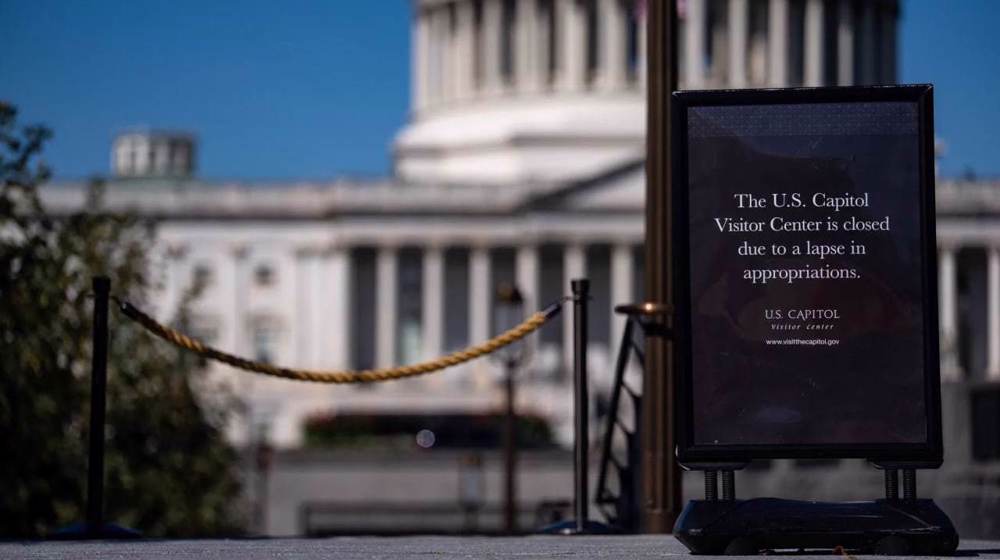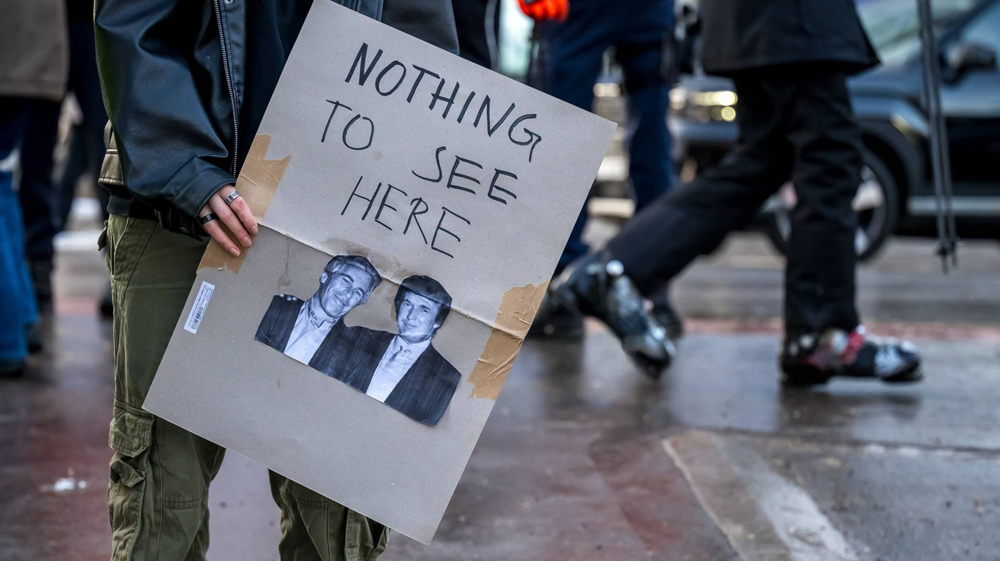Congresswoman: Blacks are traumatized in US
Democratic Congresswoman Ayanna Pressley says Black people are traumatized in the United States and Derek Chauvin’s guilty verdict in Minneapolis hasn’t changed anything for them.
Chauvin, the Minneapolis police officer who knelt on the neck of George Floyd, leading to Floyd’s death in May 2020, has been found guilty on all charges.
The verdict was read in Hennepin County court on Tuesday as Black Lives Matter activists hit the streets to protest rampant police brutality in the United States.
Chauvin was found guilty of all the three criminal counts he was facing. He faces up to 40 years in prison for second-degree murder, up to 25 years for third-degree murder and up to 10 years for second-degree manslaughter.
Pressley wrote an article on Friday for USA Today where she said that the “outcome of the Derek Chauvin trial doesn’t change things for us, because Black people are still being killed by police.”
“I want to wake up feeling lighter. But I don’t. I want to wake up fearing less for the safety of my Black husband and Black daughter. But I don’t. I want to wake up and blast Nina Simone. ‘It’s a new dawn. It’s a new day.’ But I can’t. It’s a new day in America, but our communities are still faced with the same traumas as before,” wrote Pressley.
“What I want my colleagues in Congress and at every level of government to understand is that the only thing that matters in this moment is meaningful policy change and budget change — period. It’s time to put our money where our mouth is and invest in resources that provide the restorative, trauma-informed, community-based solutions people are demanding. Our communities have already lost too much,” she added.
“George Floyd was not a martyr. His life was not meant to be a sacrifice. He was a regular person who woke up on a regular morning, went to a regular store and was murdered in broad daylight, on camera, by regular police. He was somebody. He deserved to grow old,” concluded Pressley.
A US-based journalist and political analyst said the surge in violence against people of color in the US is a systemic problem rooted in the legacy of slavery and legalized segregation in the country.
In a recent interview with Press TV, Dr. Abayomi Azikwe held that the police practices employed in the US today have their origins in the slave patrols of the 19th century that were designed to keep incarcerated Africans under the control of white landowners, merchants and officials.
Iranian missiles pose ‘serious threat’ to US interests, Persian Gulf allies warn Washington
US must seize chance for ‘fair’ deal, war would be ‘disaster’ for all: Iran FM
Israel bans MSF from Gaza after medical charity refuses to hand over staff list
Iran publishes list of people killed in early January riots
South Africa shows Israeli envoy exit door, holding the line on national sovereignty
Israel’s ceasefire violations part of ‘80-year policy of colonial genocide’ in Palestine: Iran
IRGC Navy chief: Iran's unity and resolve a barrier against enemy plots
IRGC: EU's terrorist labeling aligns with US interventionism










 This makes it easy to access the Press TV website
This makes it easy to access the Press TV website